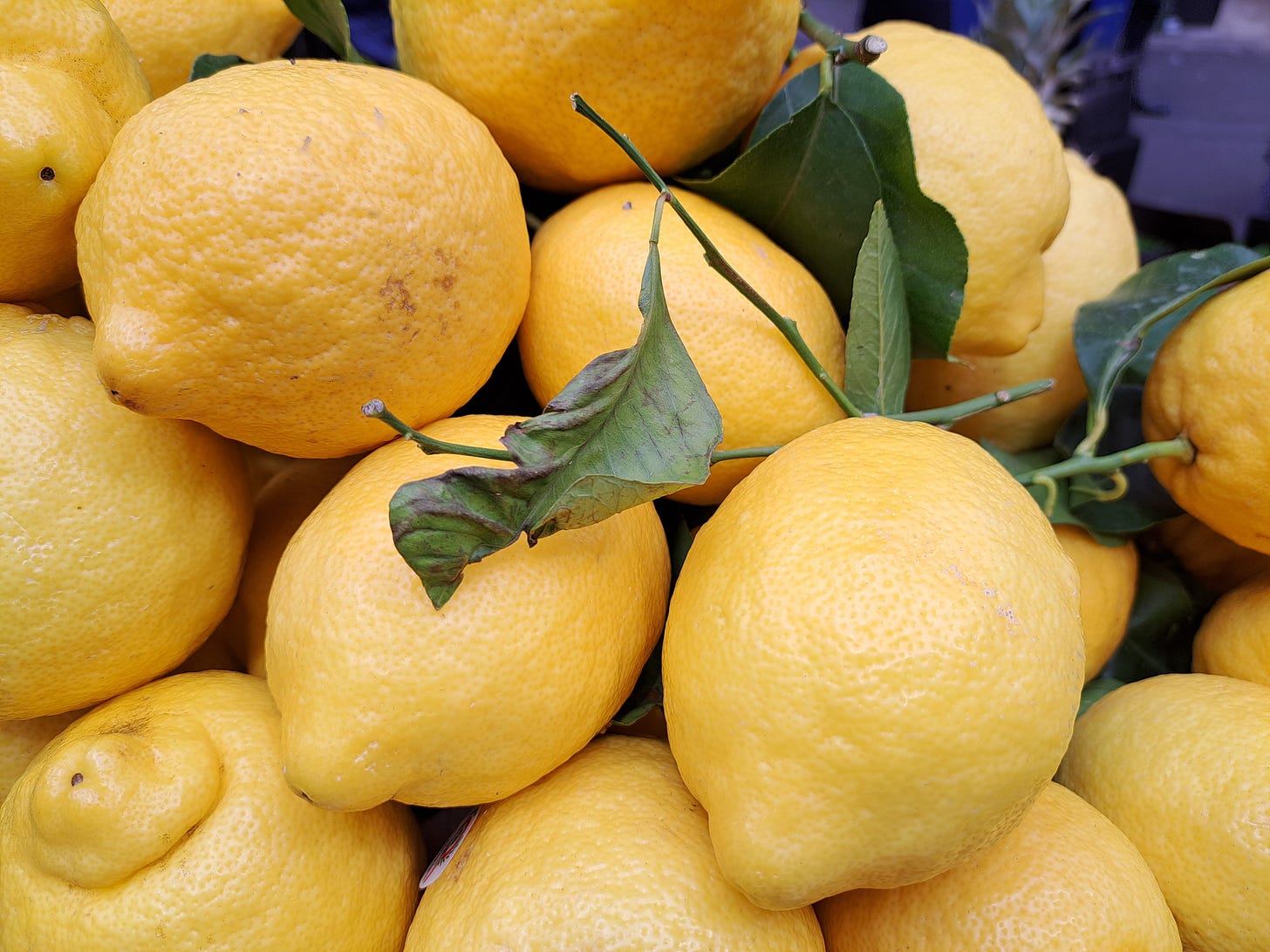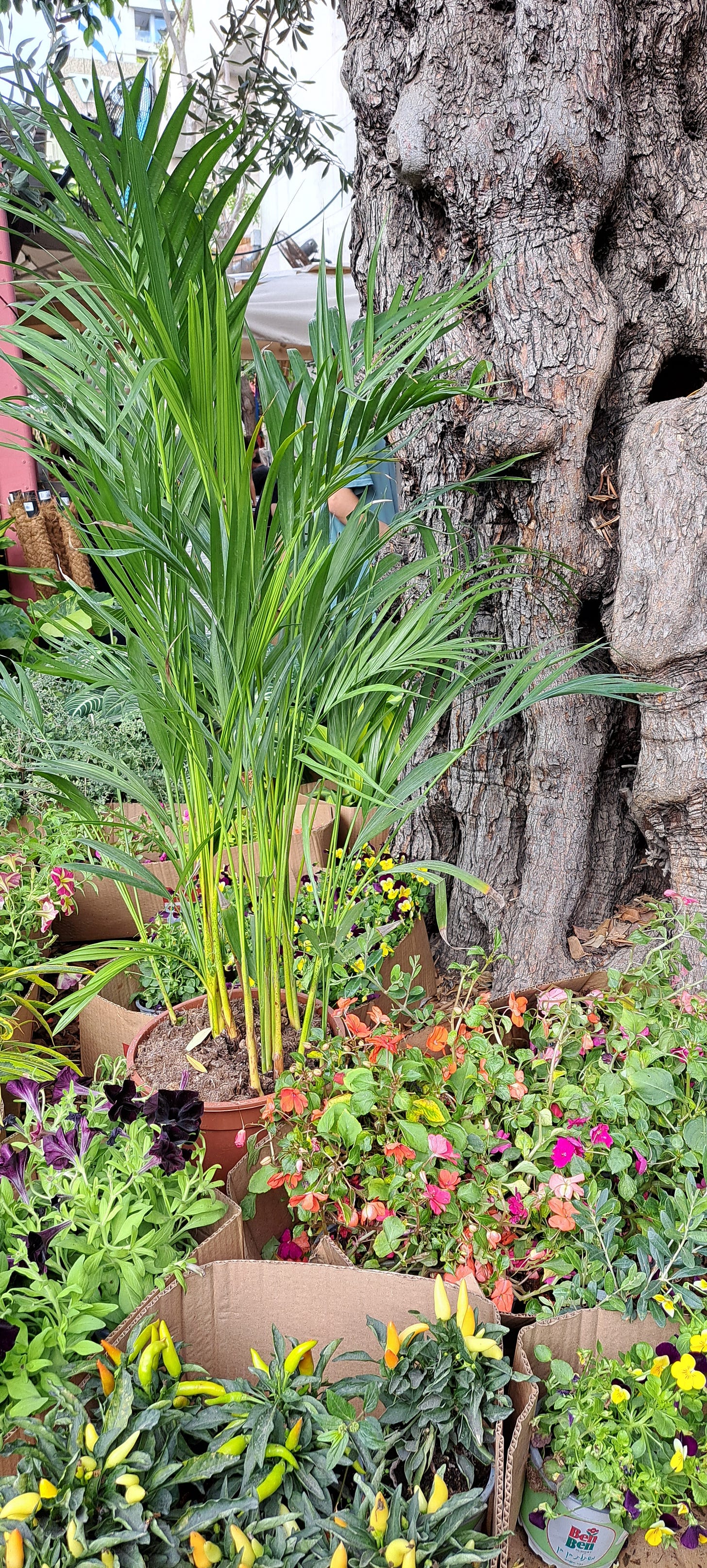There have been many agricultural consequences and losses to an already devastated country, so it is with energy and vigour that volunteers, unused to this back breaking sector, are helping the farmers toil the land and bring in the fruitful harvests. Many of the farms have been left without their foreign workers for weeks now, many of whom have fled and returned to their native countries to escape the conflict.
As the oppressing heat of Israel’s summer simmers down and the farmers delight in the first autumnal rains, many of the country’s seasonal fruits, vegetables and salads have ripened and are ready for harvesting. The fields and citrus groves are usually abundant at this time of year with Thai workers who avidly pick, gather and cultivate the terrain, working throughout daylight hours to send their hard earned money back to their families in Thailand.
On 7th October, this abruptly came to a standstill.
Around 39 dedicated Thai workers were killed, and some 25 are still missing. Distraught and traumatised from the events of that day, most were repatriated to their native country to be with their families and grieve for their lost friends. Together with the sheer number of reservists drafted into the army that day, the agricultural sector was left impotent and the October and November seasonal harvests risked being left to rot.
Many farms that lie close to the borders of Gaza grow tomatoes, peppers, lettuces and avocados, staple ingredients of all Israeli salads, with dunams of zucchini, chilli peppers, aubergines and kohlrabi of all shapes and sizes close by in southern fields, needing nurturing and harvesting. The native persimmon, pomegranate and citrus groves in this region are laden at this time of year with fragrant, plump fruits and the crops of kiwis, olives, cucumbers and strawberries that are cultivated in the far north of the country, were affected by the border clashes with Lebanon and the displacement of farmers and workers from this organic agricultural area.
These fruits and vegetables rapidly need picking and gathering before the country finds itself in a culinary and financial collapse. In the true spirit of willingness, Israeli’s of all ages search online and join more WhatsApp groups for the names of kibbutzim and moshavim (farms) that need volunteers to help harvest their produce, and tend to the plants not quite ripe and ready for picking, before the over ripe crops become insect ridden, fall to the ground and unsalvageable for human consumption and sale.
Groups of friends and families, and university students whose studies have been postponed, pitch up at farms up and down the country, at sunrise dressed in the appropriate attire for either the warm November sunshine, or the tumbling autumnal rains and the muddy, wet ground. Gloves are provided and much needed for certain crops, protecting hands and nails of those not used to agricultural labour.
Gluts of fruit, vegetables and salads are picked and boxed ready for sale or if damaged in any way, donated to kitchens and cafes where hot meals and sandwiches are being prepared up and down the country, on a daily basis for the soldiers and the many families evacuated from their homes. So many delicious salads and vegetable accompaniments have been creatively prepared and cooked with the slightly impaired vegetables, including matbucha a thick spicy tomato sauce, antipasti of a variety of roasted vegetables including kohlrabi, which when peeled, seasoned with salt and black pepper can be roasted or sauteed in extra virgin olive oil to give a sweet nutty flavour to this vegetable, that is often thinly sliced with cucumber and served with dill and a squeeze of lemon juice to a fresh tasting salad. Manzaleh is a traditional Arabic aubergine and chickpea stew with a rich fresh tomato sauce and flavoured with baharat and there is always the Israeli salad of finely chopped tomatoes, cucumbers and onions, doused in lemon juice and olive oil that accompanies every meal.
Horticulture in the southern region of the country is common for growing indoor and outdoor plants, that also need to be tenderly cared for, so that they can be sold for commercial purposes. Flowering plants, cacti, succulents and evergreen shrubs are being transported by volunteers from the southern greenhouses to markets, cafes and garden centres all over the country, for some income for the growers. Restaurants with outdoor space spilling onto the street corners in the heart of Tel Aviv, have become plant emporiums, where rows of the native cyclamen with red, white and pink blooms, nestle amongst the green leaves of shrubs for passers by to purchase and support another affected area of agriculture.
The wine industry has also been adversely affected over the past few weeks with major concern for the smaller wineries who are operating in very difficult conditions. The red grapes that were late to ripen, have mercifully been harvested and are beginning their journey into wine. However, winemaking is a process that requires skill and expertise and with many of the experienced winemakers suffering from the massacres, rockets attacks, and called up for duty, this workforce has too taken a severe battering together with the production of this year’s wine. With no tourists, the visitors centres of these boutique wineries where the popular and social wine tastings take place, have reluctantly closed their doors and the corks stay firmly placed in the neck of the bottles. With most Israelis having stopped drinking wine in these troubled times, the supermarket shelves are poorly stocked and not looking to be replenished any time soon.
The events of 7th October has affected the country on every possible level, and is being sustained by the support and willingness of a population, doing whatever it takes to keep their heads above the parapet and survive personally, emotionally and economically. With agriculture, horticulture and viniculture taking a battering, and crops rotting in the fields without the help of foreign workers, stocks of the basic and seasonal vegetables, salads and fruits, staples of the healthy Middle Eastern diet remain in short supply and at soaring prices. With the help of willing volunteers, farmers are desperate maintain the agricultural cycle for their produce and salvage whatever crops they can, in the hope that their businesses will survive the conflict and once again become a lush land “flowing with milk and honey”.








Thank you, again, Ruth for such an insightful report. I know many Israelis have rallied round to help harvest crops but there's still a big gap between skilled numbers needed and volunteers. Didn't know about the winery situation, so sad when Israeli wines are improving all the time and getting top accolades in international competitions. Keep well, Clarissa
Thank you Clarissa, Israeli wines are indeed receiving international accolades as there are truly some wonderful wines being made. Just need to put them on our table and enjoy them now... Ruth